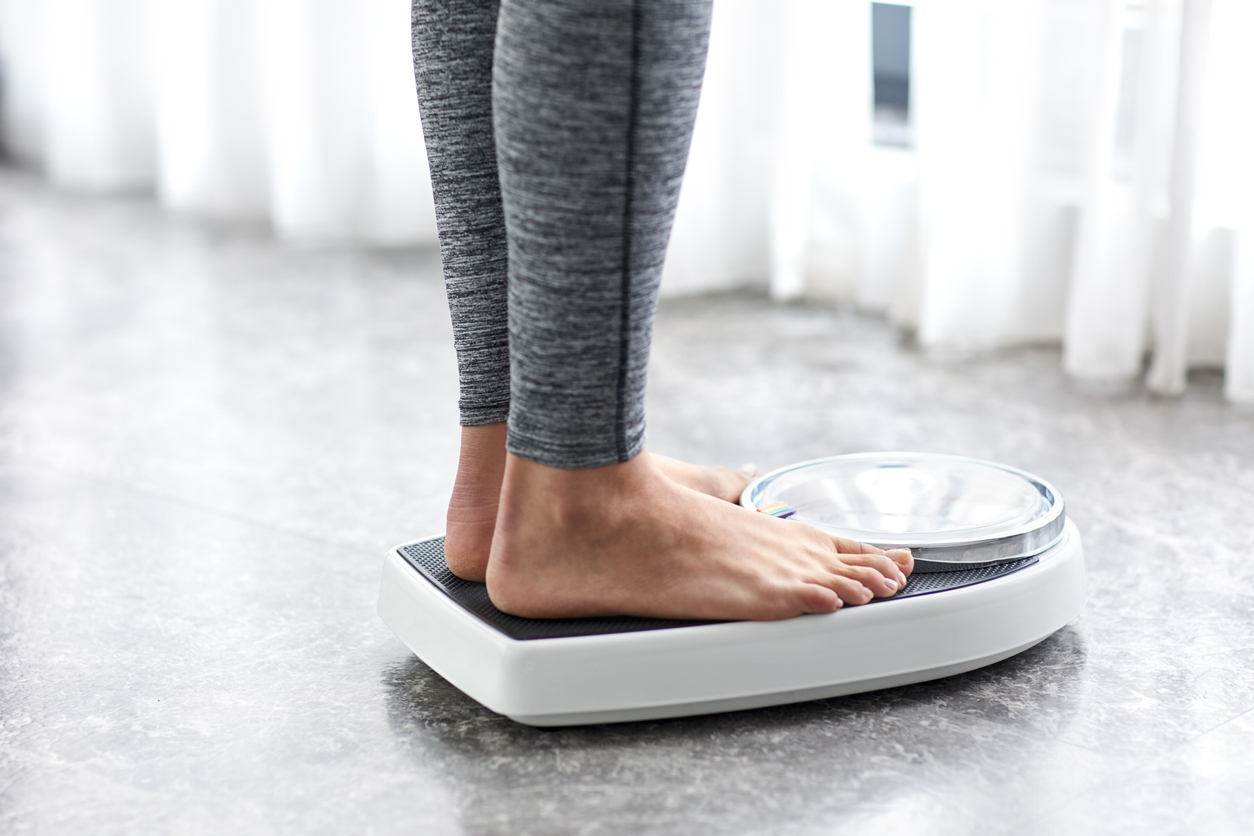For most of us, weight loss is seen as the main source of motivation to eat right and exercise more. And with PCOS, weight loss is seen as the hallmark for reversing the symptoms — but that is not entirely true. Losing weight is important for managing the symptoms but there are other non-weight loss goals that are equally important in your PCOS journey.
Managing PCOS beyond weight loss
A lot of times you must’ve heard women saying their PCOS symptoms keep coming back despite starting a treatment plan. This is a classic example which explains why PCOS warrants a holistic lifestyle change that you need to consistently follow.
In fact a common misconception is that losing weight or reaching an ideal weight range means you have cured PCOS and you don’t need to bother anymore – but this is not true. It takes at least 6 months to a year to see any improvement in your symptoms and that does not mean you stop there. You need to continue following a healthy, sustainable lifestyle that takes care of your diet, exercise, stress and sleeping patterns.
This makes habit building a very important part of your treatment plan. Crash diets, fad diets, excessive exercise, poor sleep hygiene are not sustainable solutions. Making small, realistic and attainable goals helps you stay true to yourself. These habits not only reduce the physical symptoms but you’ll also see an improvement in your mental wellbeing.
Eating healthy
The idea behind following a diet is to not restrict yourself rather to help you make healthy choices without compromising on anything. You should aim at following a diet to improve your overall health and not just to lose weight. Switch to healthier alternatives such as having whole foods instead of processed items, replacing post-dinner dessert with a fruit and increasing protein intake throughout the day. There are plenty of healthy yet delicious eating options with PCOS, the key is to having a balance of protein, healthy fats and carbohydrates to get the most out of your meals
Exercising regularly
When you think of exercise, do you imagine gyms, lifting heavy weights or doing intense activity? The truth is, any physical activity is beneficial if you do it consistently. Although cardio activities such as walking, running or cycling are popular — adding strength training to your routine helps build lean muscle and ai in weight loss. And you don’t have to necessarily stick to walking, you can take up Zumba, Pilates, yoga, hiking — basically anything that gets your body moving. When you do something you enjoy, you won’t feel like giving up. So try new forms of exercise and experiment with what you enjoy the most.
Improving sleep quality
The best thing you can do for yourself is to get 7- 8 hours of sleep every night. Although we make promises to ourselves to sleep early, we end up getting distracted or have trouble falling asleep. Here are some things you can do to sleep like baby:
- Switch off all screens including mobile, TV or tablet at least an hour earlier to your bedtime. The blue light emitted from the screens can interfere with your sleeping cycle.
- Maintain a dark and cool environment in your room when going to bed. Bright lights can interfere which melatonin production which is a hormone produced by the body to facilitate sleep
- Try relaxation techniques for your body and your mind to help it ease into sleeping. Techniques such as meditation, mindfulness or paced breathing helps
- Lastly, follow a sleeping routine. Try to sleep and wake up at the same time everyday. You can also create small nudges such as wearing pyjamas or brushing your teeth is an indication to go to bed.
Taking care of your emotional health
Whether you are aware or not, PCOS affects your emotional health in many subtle ways. Hormonal imbalance, being diagnosed with PCOS and body image issues can all contribute to feelings of stress and anxiety. Meditation is a powerful technique to manage anxiety, increase awareness and improve emotional health. Remember to seek help when needed. Just like you visit a doctor to manage physical symptoms, a counsellor or a psychologist can help you manage anxiety and improve your overall well being. Never hesitate to get professional help and prioritise your mental health always.
So your PCOS goals should not only be about losing weight, they are also about developing lasting habits that are healthy, sustainable and great for your body and mind.
Disclaimer: Content on Veera is provided for informational purposes only and is not intended as medical advice, or as a substitute for medical advice given by a physician





















